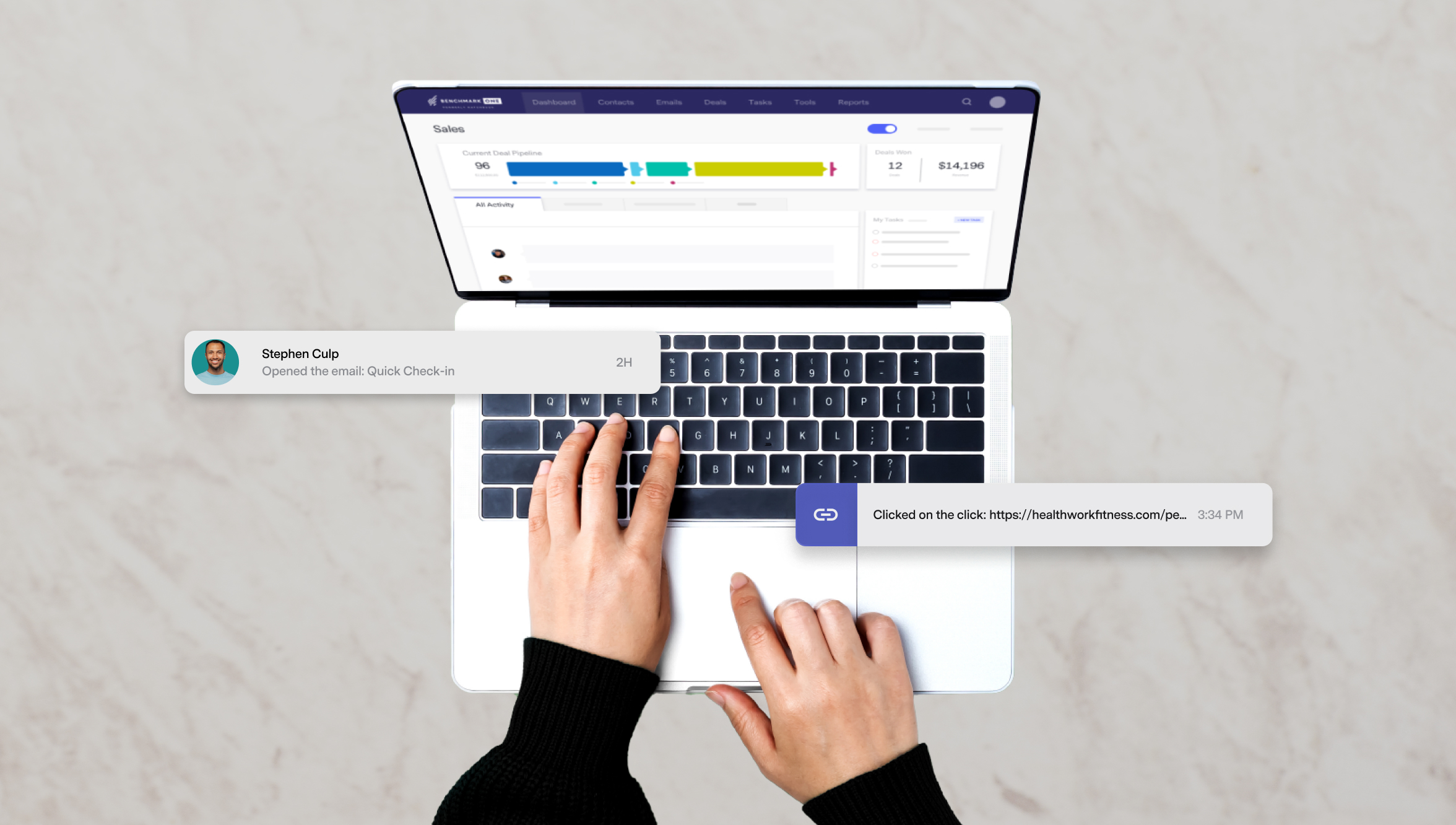
eCommerce is an essential part of the market for many retailers today, with ready customers but cutthroat competition. While 58.4% of internet users shop for something online every week, there are hundreds or perhaps even thousands of online stores selling what you sell. You’ve got to be on top of your game to lure shoppers away from your competitors and convert them into regular buyers for your business.
However, you have to create a solid ecommerce tech stack to help you run your online store. We have compiled an eCommerce tech stack checklist to help you draw up your store’s tech foundation.
eCommerce Platform
An eCommerce platform is the foundation of your online store tech stack: you can’t run an online store without one. The eCommerce platform comes preloaded with a suite of features to help you customize your store and manage your business.
Some of the notable features include store payment options, checkout options, content management, advanced eCommerce search engine optimization (SEO) capabilities, and reporting tools, to name a few.
The slew of tools enables you to customize the look and feel of your store, as well as create, edit, and publish store content without writing any code. You can also modify the product layout, add new sections when you introduce new products, and create promotional banners to boost sales.
Some of the notable eCommerce platforms include:
Payment Processing Software
Much like an eCommerce platform, the payment processing software is a must-have for your ecommerce tech stack. However, the payment processing system isn’t a front-end tool: that means it lies in the back-end and doesn’t have an impact on customer experience.
As the name suggests, the payment processing system handles your online store’s payments. Some of the key features of a payment processing tool include PCI compliance, authentication or login layers, integrated payment processor, SSL certificate, checkout buttons, and return and refund policy.
Beyond the features, the system should guarantee excellent uptime to avoid blips that could derail the payment process. Moreover, the payment processing solution should fit your business needs.
Some of the best payment processing software include:
Site Host
Most small businesses don’t host their own sites because many eCommerce platforms are fully-hosted. For example, if your store is on Shopify, it’s hosted on Shopify’s servers: so there’s no need for standalone web hosting. This offers affordability and so many other benefits.
That said, if you still need to host your online store, you’ll be spoilt for choice as there are many site hosts for eCommerce stores. The site host offers the features required to operate commercial websites such as security, SSL, shopping cart software, payment processing, webspace, plugins, and database support.
Some of the best site hosts for an eCommerce tech stack include:
Site Security Tools
The online space is a treacherous landscape chock-full of cyberthreats. Without a solid digital security framework, your ecommerce store is vulnerable to threats such as DDoS attacks, social engineering, and malware attacks.
To sidestep all of these dangers, you have to implement a robust cybersecurity framework to your online store’s tech stack. Some of the tools needed include:
- Access management
- Penetration testing
- Patch management
- Vulnerability assessment
- Firewalls and web filtering
Email Marketing
Creating an online store isn’t the end goal: the aim is to generate revenue with your new venture. To achieve that, you have to use multiple marketing tactics, and email marketing is the pinnacle of this, offering a strong return on investment (ROI).
For this reason, the next platform in your ecommerce tech stack should be an email marketing tool. Email marketing software should provide what you need to engage your customers in a conversation. It should help you segment your list, send different types of emails, manage your data, and track the performance of your campaigns.
Some email marketing tools come with advanced add-ons to make life easier for eCommerce owners. For example, Benchmark Email comes with various eCommerce tools and our Shopify Integration lets you promote and sell your Shopify products directly from Benchmark emails and send personalized communication to all of your Shopify customer segments with Shopify Sync.
Other emails tools worth considering include:
- MailChimp
- Keap
- Klaviyo
- Constant Contact
- Sender
Client Relationship Management (CRM)
Last but not least, your online store is as good as dead if there are no customers. And nowadays, online shoppers always gravitate toward brands that offer an excellent experience. In fact, 73% of customers will consider switching to a competitor after one negative service experience.
A CRM tool helps you to improve customer experience throughout the buying journey. It enables you to track the customer’s journey at every touchpoint. You can tell what your customers like the most (and double down your effort on that) and what they shun, and draw up a clear map of future service, marketing, and sales opportunities.
In addition, a reliable CRM tool helps to improve customer satisfaction, helping you to respond to all customer queries in a timely manner. Not to mention, it helps you automate repetitive tasks such as reporting, emailing, and financial forecasting to create smart workflows to deliver a great experience that boosts customer satisfaction.
Some of the CRM tools include:
- BenchmarkONE
- Pipedrive
- Zoho CRM
- Hubspot CRM
Building a Better Online Store
Kristina Smith, VP of Digital Marketing at The Riveter, points out that practices, people, and technology change so frequently. Given the fickle nature of today’s customers, chances are good that you’ll have to tweak your eCommerce practices to adapt. Consequently, the technology you have anchored these practices on in the past will have to change too.
In other words, the eCommerce software stack you build today won’t serve you till the end of time. You have to constantly change it: add new tools and abandon outdated ones to remain competitive.
At Benchmark, we understand that running a business can feel like spinning multiple plates. That’s why we’ve created intuitive tools like Benchmark Email, designed to take the stress out of sending personalized emails that will delight your subscribers. Sign up for a free account to see how easy it is to check email marketing off of your ecommerce tech stack list.






